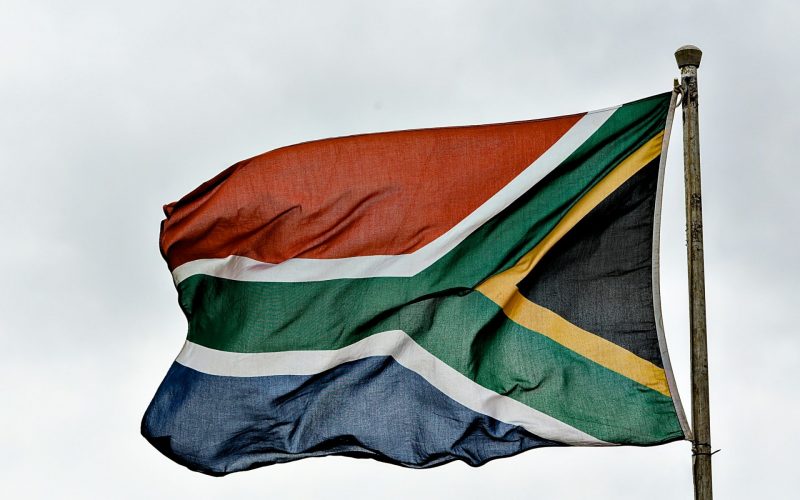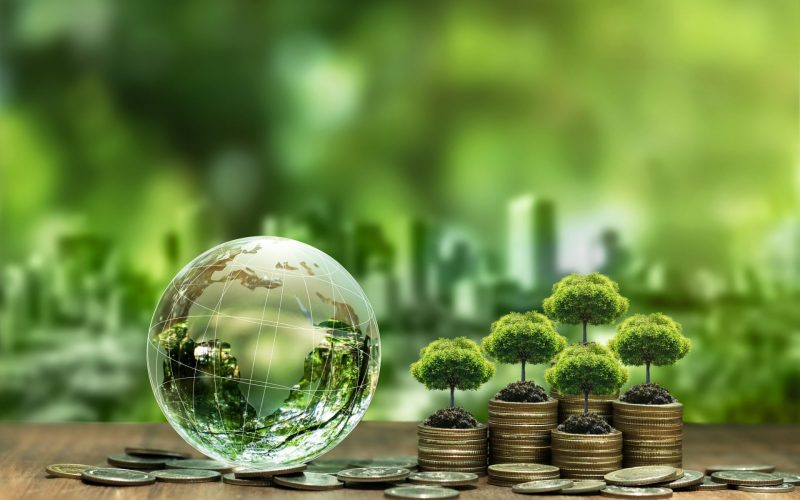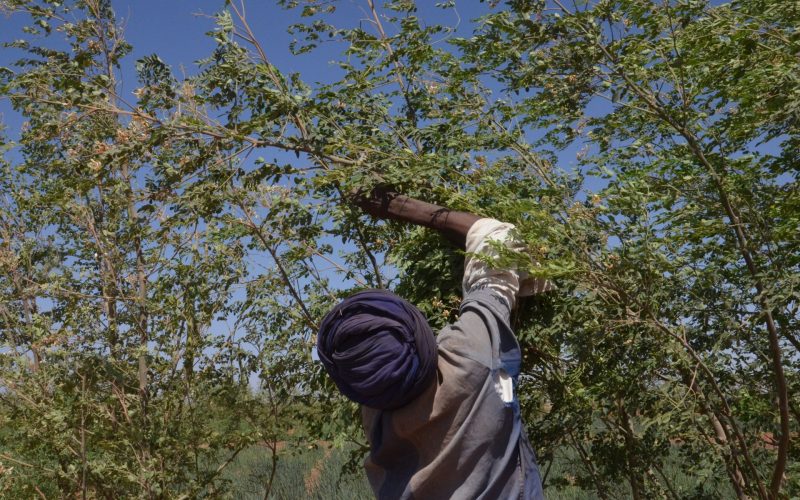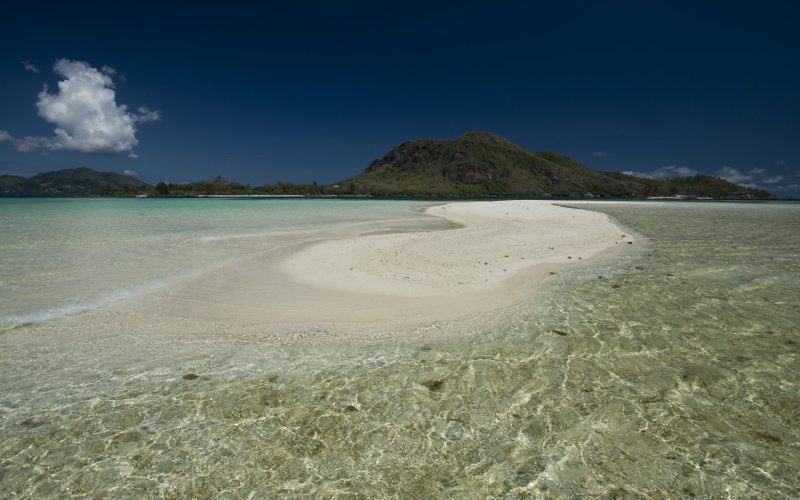These processes were to result in a Post-2020 Global Biodiversity Agenda, whereby COP15 would finalise negotiations on a new 10-year framework for the conservation of biodiversity to replace the CBD Aichi 2020 targets (a set of 20 global targets under the CBD’s Strategic Plan for Biodiversity 2011-2020, which expire this year).
However, as we commemorate Earth Day on 21 April this year, the world is reeling from the social and economic impacts of COVID-19. Important global biodiversity, climate and ocean governance forums have been postponed, and the political agenda is dominated by the need to save lives and jobs. Among the three pillars of sustainability – people, planet, prosperity – it is appropriate that the focus has shifted for the moment to people and prosperity in light of the pandemic. But important opportunities remain for those working towards the restoration and protection of nature.
As the global community reflects on past models of growth and development in light of COVID-19, it is important to consider a ‘new normal’ that better incorporates sustainability in the use and conservation of natural resources. We need to ask important questions about how transformative behaviour and policy change can pre-empt future environmental catastrophes, achieve sustainable development and eradicate poverty. This will require a profound systemic shift in our current relationship with the natural world.
As now increasingly described by the World Bank and many others, the economic stimulus packages being floated to reboot economies during and after the COVID-19 pandemic offer an ideal opportunity to invest in ecological infrastructure if planned within a ‘Green Stimulus Framework’.
The World Bank has underscored that such investments hold significant potential for “restoring degraded forestlands and landscapes could create many jobs over the short term while also generating net benefits worth hundreds of billions of dollars from watershed protection, better crop yields, and forest products”.
Investing in restoring ecological infrastructures
Development planning to date has involved the use and conversion of ecosystems without accounting for this natural capital, an approach that has resulted in the ongoing loss of critical ecosystem services. Future development policies must ensure full-cost accounting of natural capital and investment in ‘nature-based solutions’. They must strengthen ecological infrastructure for continued delivery of vital ecosystem services in the face of increasingly volatile and extreme events and of rapidly changing landscapes and biota. The United Nations Environment Programme (UNEP) has stressed that ‘restoration of terrestrial, inland water and marine ecosystems will be needed to re-establish ecosystem functioning and the provision of invaluable life-support services’. Thus investing in restoring ecological infrastructures as the foundation of development objectives is critical to reducing ecosystem vulnerability and enhancing livelihoods.
Such policies would place Africa at the forefront of the ambitious UN Decade on Restoration 2021-2030 as well as give significant impetus to the recognition by the African Union (AU) of the importance of the environment.
Agenda 2063, the 50-year development blueprint adopted continent-wide, aspires to an Africa whereby its ‘unique natural endowments, its environment and ecosystems, including its wildlife and wild lands are healthy, valued and protected, with climate resilient economies and communities’.
Further, Africa’s natural resources have been recognised by Africa’s youth as the sector with the greatest potential to generate employment opportunities going forward, most especially ‘multi-sectoral green jobs’, as outlined in the report Global Environment Outlook for Youth, Africa: a wealth of green opportunities. Written by African youth, for African youth, this analysis outlines how a potential African ‘Green Economy’ provides both work opportunities and ecosystem restoration, in tandem, to the benefit of both people and biodiversity. Africa’s youth, then, are calling for Africa’s policymakers to lead on a new economic development path founded on natural capital accounting and environmental restoration. Importantly, this potential was endorsed by African Environment Ministers at the most recent African Ministerial Conference on the Environment in November 2019.
Finally, such policies would provide additional impetus for implementation of the Pan-African Action Agenda on Ecosystem Restoration for Increased Resilience adopted by African countries at the 14th CBD COP in December 2018.
Radical shift
The current ecological crisis demands a radical shift in the way people interact with the natural world. With many regional and global policy processes related to biodiversity, ocean governance and climate now disrupted by COVID-19 shutdowns, 2020 provides the space to reflect on the shortcomings of current development models and governance mechanisms.
We should take account of the latest messages from the scientific community on the state of our natural systems and the best ways to restore and protect them, and work flexibly and innovatively to ensure that momentum is maintained in developing appropriate governance mechanisms for a more sustainable future.
The following are key areas where we should now focus our attention:
- There is an urgent need to develop long-term, transformative policies and incentive structures that address the underlying and systemic causes of over-exploitation and degradation of terrestrial and marine ecosystems.
- National full-cost accounting of natural capital and ecological infrastructures in terms of life-supporting biodiversity and ecosystem services, and climate change mitigation and adaptation, is urgently required.
- Investment in nature-based solutions (NbS) must become the underpinning objective of all future development planning, and development policies must seek to restore, enhance and maintain connectivity between areas of natural habitat to enable change-driven biodiversity responses, improved ecosystem health and continued provision of ecosystem services.
- Given the rate of environmental change, including climate change, significant investments in the means and capacity for measuring policy effectiveness within such a new development framework, are imperative.
- Working with youth, optimise the unique opportunity provided by the economic stimulus packages required during and after the COVID-19 pandemic for an innovative ‘green stimulus’ approach to facilitate the above investments.
This article draws on two forthcoming SAIIA publications:
- Chevallier, R. A Super-Year for Ocean Governance: A dream deferred? SAIIA Policy Insight
- King, N. Key African Priorities for a Post-2020 Global Biodiversity Framework. SAIIA Policy Briefing
Find out more about our work on biodiversity, climate change and the blue economy







